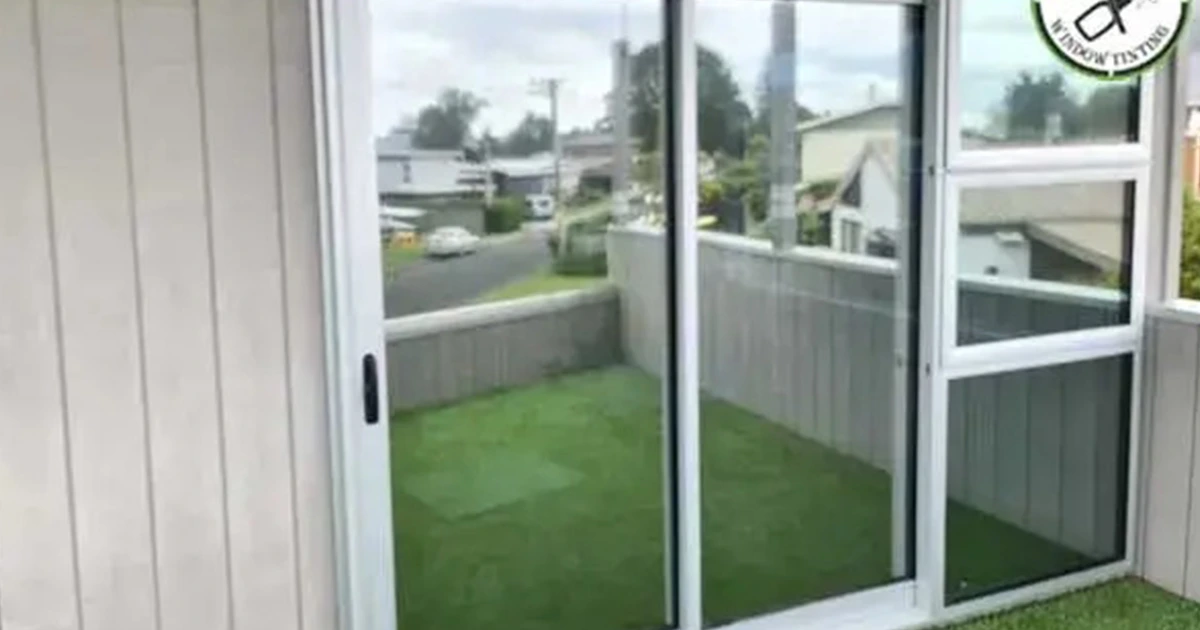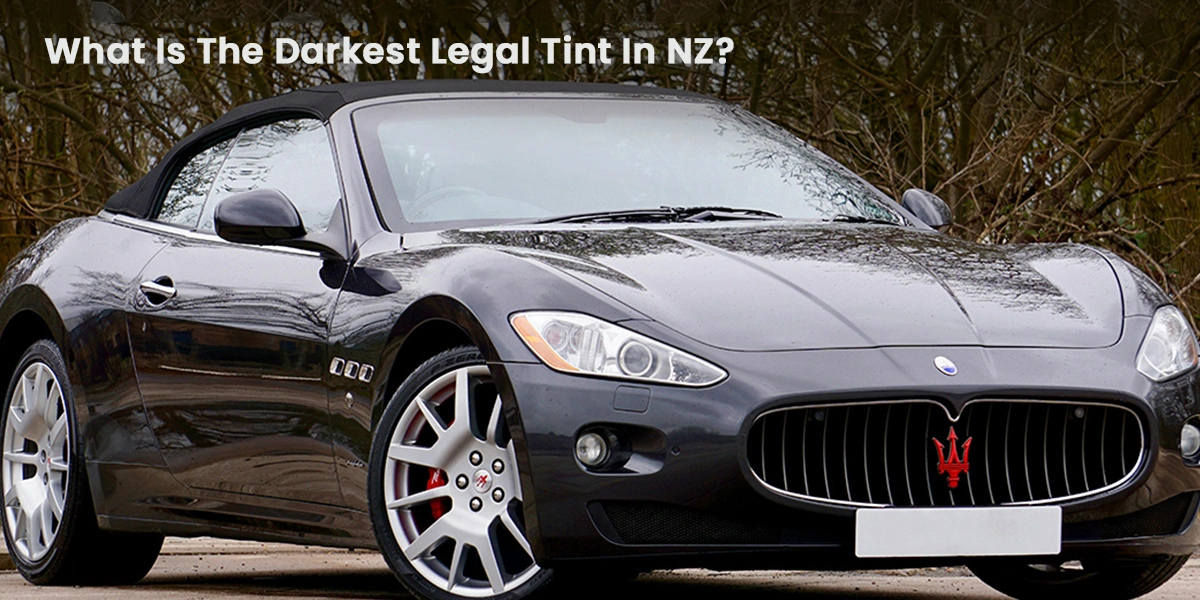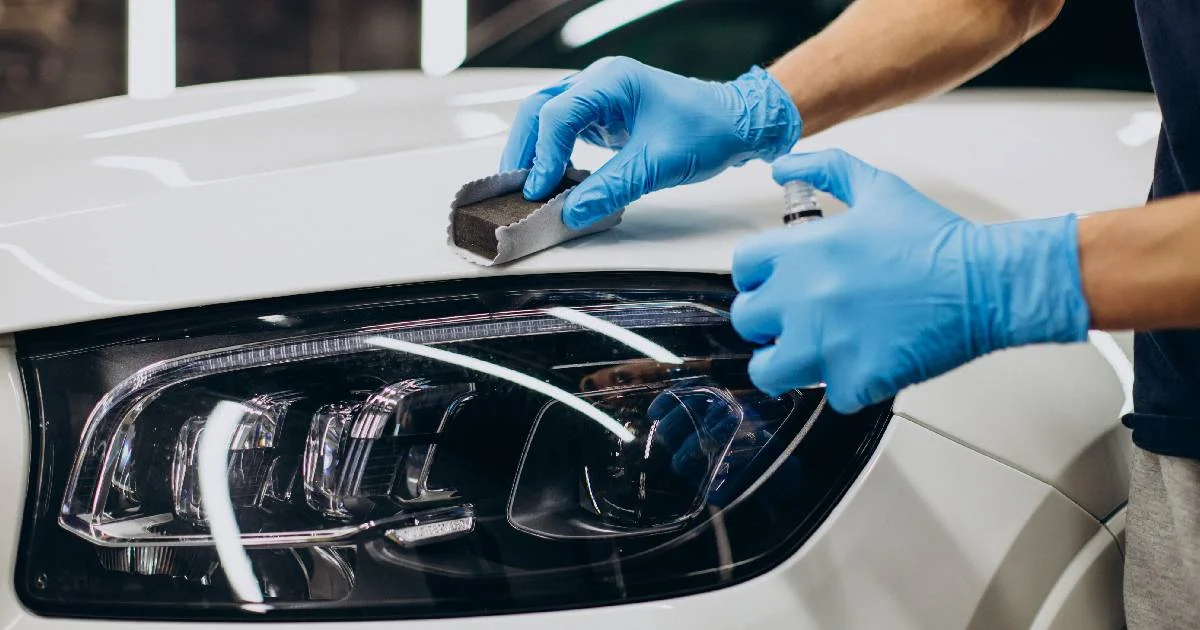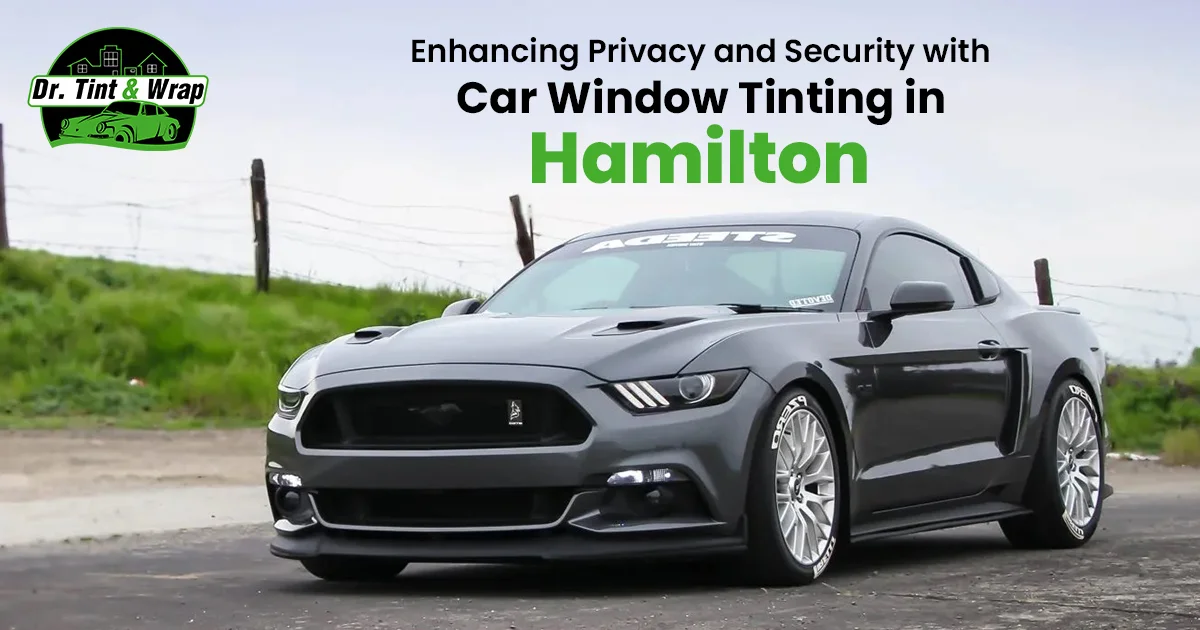
Home Window Tinting: What Is It and How Much Does It Cost?
27 Sep 2024, By AdminAs homeowners seek innovative ways to improve comfort, energy efficiency, and privacy, home window tinting has become a popular solution. But what exactly is home window tinting, and how much does it cost? In this blog, we’ll dive into the benefits, process, and pricing of this transformative home upgrade.
What is Home Window Tinting?
Home window tinting involves applying a thin, durable film to the interior or exterior of your windows. The film is designed to reduce heat, glare, and UV rays while offering privacy. While window tinting is commonly associated with cars, it has gained popularity for residential applications due to its ability to enhance energy efficiency and protect home interiors.
Types of Window Tinting Films:
- Solar Control Films: Reduce heat and glare, keeping your home cooler in the summer and reducing energy costs.
- Security Films: Provide added protection by making glass more difficult to break, preventing potential intrusions.
- Decorative Films: Offer an aesthetic appeal with frosted or colored designs that add privacy without sacrificing style.
- UV Blocking Films: Block up to 99% of harmful UV rays, helping to protect furniture, floors, and artwork from fading.
Benefits of Home Window Tinting
- Energy Efficiency: One of the key advantages of home window tinting is its ability to lower energy bills. By blocking heat from entering your home during the summer and insulating windows during the winter, your HVAC system doesn’t have to work as hard to maintain a comfortable temperature.
- UV Protection: Prolonged exposure to UV rays can damage your skin and fade your furniture and flooring. Tinted windows can block a significant portion of UV rays, safeguarding your home and family.
- Privacy: Tinted windows offer enhanced privacy by limiting the view into your home from the outside, making it difficult for people to see inside during the day.
- Reduced Glare: Home window tinting can significantly cut down on glare, improving comfort while watching TV, using computers, or simply relaxing.
- Security: Security films make windows harder to break, adding a layer of protection against intruders and severe weather.
How Much Does Home Window Tinting Cost?
The cost of home window tinting depends on several factors, including the size and number of windows, the type of film you choose, and the complexity of the installation. Here’s a general breakdown:
- Cost Per Square Foot: Home window tinting typically ranges from $5 to $15 per square foot. High-end or specialized films, such as security or decorative films, can be on the higher end of this range.
- Installation Costs: Installation costs vary depending on the difficulty of the project. Professional installation ensures a smooth, bubble-free application and can range from $150 to $400 per window. Large or uniquely shaped windows may cost more due to the complexity of the installation.
- DIY vs. Professional Installation: While DIY window tinting kits are available and can be a more affordable option (around $2 to $4 per square foot), they often lack the quality and durability of professional-grade films. A DIY job also carries the risk of errors, such as bubbles or peeling, which may result in additional costs down the line.
Factors Affecting the Cost of Home Window Tinting
- Window Size and Quantity: The more windows you have, the more the project will cost. Larger windows also increase costs due to the additional material and time required.
- Film Type: The specific type of film you choose impacts the price. Decorative, security, or UV-blocking films are usually more expensive than basic solar films.
- Location: Installation costs can vary depending on your geographic location and the availability of professional services.
- Additional Features: Some window films offer extra benefits like anti-glare or energy efficiency, which may come at a higher cost.
Is Home Window Tinting Worth the Investment?
Given the benefits of energy savings, enhanced privacy, and UV protection, home window tinting can be a smart investment for homeowners. In regions with extreme heat or cold, the energy savings alone can offset the initial cost over time. Additionally, the long-term benefits of protecting your furniture and reducing the risk of break-ins make it a valuable home improvement option.
Home window tinting is a cost-effective way to improve energy efficiency, privacy, and security in your home. While prices can vary depending on your specific needs, the long-term benefits make it a worthwhile investment for many homeowners. Whether you opt for professional installation or a DIY approach, window tinting offers a range of solutions to enhance your living space.
If you’re considering tinting your home’s windows, get quotes from local professionals to determine the best options for your budget and needs.

What Is The Darkest Legal Tint In NZ?
27 Sep 2024, By AdminYou’re cruising down a long, smooth highway, taking in the scenic beauty all around you. Suddenly, a sleek black sedan zooms by, catching your eye with its dark, mysterious window tints. The striking contrast between the deep black glass and the shining car body leaves you a bit envious—there’s something undeniably captivating about those dark tints.
Let’s be honest: dark tints give any car a bold, impressive look. Beyond their aesthetic appeal, they also offer practical benefits like protecting passengers from the sun and keeping the interior cool. However, it’s important to remember that there are specific regulations in New Zealand regarding the use of dark tints on vehicles, enforced by the New Zealand Transport Agency and the Ministry of Transport. These regulations must be followed to ensure your car stays road legal.
In this guide, we’ll cover everything you need to know about shaded car window tints, including the legal requirements in New Zealand. We’ll also show you how to have these dark tints installed on your car, legally and expertly.
How to Install the Darkest Legal Tints in NZ
At AutoExpert.co.nz, we are specialists in shaded car window tinting with over 8 years of experience. When it comes to ensuring that your car’s tints are both stylish and compliant with legal standards, AutoExpert is the name you can trust.
To achieve the best and darkest legal tint for your vehicle, visit our studio. Our experts will guide you through the process, helping you choose the perfect tint to transform your car.
Curious about what makes AutoExpert stand out? Learn more about us here, where you'll also find our contact details and location.
Now, let’s dive into the rules and regulations surrounding window tinting in New Zealand and find out what the darkest legal tint is.
Legal Tint NZ: The Reason for Regulations
Dark tints can make a vehicle look sleek and imposing, but there are good reasons for the legal restrictions on their use.
One of the main concerns is visibility. Once windows are heavily tinted, the interior of the vehicle becomes obscured, which could be exploited by individuals with ill intent, making it difficult for law enforcement to see inside the vehicle.
To prevent such issues, New Zealand has established clear rules for the use of dark tints.
These regulations don’t just apply to windows; there are also restrictions on tinting headlights. According to the New Zealand Transport Agency, it’s illegal to apply tint to headlights or lamps, except for decorative purposes.
How Tint Darkness Is Measured
The darkness of shaded car window tints is measured by Visual Light Transmittance (VLT).
VLT refers to the amount of light that can pass through the tinted windows. A higher VLT percentage means more light passes through, indicating a lighter tint, while a lower VLT percentage means less light passes through, indicating a darker tint.
To better understand the legal requirements, let’s take a closer look at the classification of passenger vehicles.
Classification of Passenger Vehicles
The New Zealand Transport Authority categorizes vehicles based on factors like size, power, and seating capacity.
Passenger vehicles are classified into three main categories: MA, MB, and MC.
- MA (Passenger Car): Vehicles with up to 9 seating positions, including the driver.
- MB (Forward Control Passenger Vehicle): Vehicles with 9 seating positions and a steering wheel located in the forward quarter of the vehicle’s length.
- MC (Off-Road Passenger Vehicle): Vehicles designed for off-road use, also with 9 seating positions.
Other classifications include MD (light omnibus), ME (heavy omnibus), goods vehicles, and trailers, each with further sub-categories based on weight, capacity, and usage.
Checking Tint Compliance
The most accurate way to check if your window tint complies with NZ laws is by using a calibrated VLT meter, available at our studio. This device measures the exact VLT of the tint, ensuring it fully complies with the regulations set by the New Zealand Transport Agency and the Ministry of Transport.
We also recommend placing a sticker on the windshield that indicates the VLT level of the installed tints, which can help speed up inspections. While not mandatory, this sticker can make the process smoother.
For a more detailed understanding of legal tinting regulations, you can visit the Ministry of Transport’s website: Land Transport Rule: Glazing, Windscreen Wipe and Wash, and Mirrors Rule 1999.
Dark tints on car windows are not only stylish but also provide privacy and protection from the sun. However, they can also be misused, which is why strict regulations are in place.
At Dr. Tint, we have experience in installing top-quality dark tints that are both stylish and fully compliant with all legal requirements.
Consult with us today and give your car the perfect makeover with our expert tinting services!
Book Now

Why Ceramic Coating is a Must-Have for Your Car in Hamilton
27 Sep 2024, By AdminWhen it comes to protecting your car's exterior and keeping it looking sleek and shiny, ceramic coating is a game-changer. If you're a car owner in Hamilton, you're likely familiar with the challenges that your vehicle faces due to the city's diverse weather conditions, including harsh winters and intense sunlight. In this blog, we'll explore the benefits of ceramic coating, particularly for those in Hamilton, and why it's a must-have for your car.
What is Ceramic Coating?
Ceramic coating is a liquid polymer that is applied to the exterior surfaces of your car. This coating chemically bonds with the factory paint, creating a protective layer that offers numerous advantages. It's a highly effective method for safeguarding your vehicle's paintwork against various environmental contaminants and harsh weather conditions.
Benefits of Ceramic Coating in Hamilton
Hamilton is no stranger to harsh winters, with snow, ice, and road salts being common threats to your car's paint. Ceramic coating creates a barrier that shields your car's exterior from these harsh elements. It also makes it easier to remove snow and ice, preventing damage to the paint during the cleaning process.
In the summer, Hamilton can experience intense sunlight, which can cause your car's paint to fade and deteriorate over time. Ceramic coating acts as a shield against harmful UV rays, preserving the vibrant color and gloss of your car's finish.
Your car is constantly exposed to contaminants like bird droppings, tree sap, and insects. Ceramic coating forms a hydrophobic surface that repels these substances, preventing them from bonding to the paint and causing permanent damage. It also makes cleaning your car much easier, as dirt and grime slide off more effortlessly.
Ceramic coating provides a long-lasting shine that surpasses traditional wax or sealant. Your car will maintain its showroom-like finish for years, reducing the need for frequent polishing or detailing.
While ceramic coating doesn't make your car completely scratch-proof, it does offer a level of protection against light scratches and swirl marks. It acts as a sacrificial layer, absorbing the impact and preserving your car's underlying paint.
One of the most remarkable features of ceramic coating is its hydrophobic nature. Rainwater and other liquids bead up and roll off the surface, keeping your car cleaner and reducing water spots.
With ceramic coating, you'll spend less time and effort on maintaining your car's appearance. Cleaning is a breeze, and you won't need to wax your car regularly. This convenience is especially valuable in a city like Hamilton, where weather conditions can be challenging.

Enhancing Privacy and Security with Car Window Tinting in Hamilton
27 Sep 2024, By AdminCar window tinting has become increasingly popular in Hamilton and for good reason. Apart from its aesthetic appeal, car window tinting offers a range of benefits, including enhanced privacy and security. In this blog, we will explore how car window tinting can provide an added layer of privacy and security for vehicle owners in Hamilton. So, if you're considering tinting your car windows in this vibrant city, read on to discover the advantages and important considerations.
1. Protecting Your Privacy
Car window tinting offers a valuable shield against prying eyes. Whether you're driving through busy streets or parked in a public area, tinted windows can greatly reduce visibility into your vehicle's interior. This added privacy is particularly advantageous when you have valuable belongings or personal items that you'd rather keep out of sight.
2. Deterrence against Theft
The darker tint on car windows can act as a deterrent against potential theft. Tinted windows make it more difficult for thieves to see inside your vehicle and assess if there are any valuable items worth targeting. By concealing the contents of your car, window tinting reduces the likelihood of break-ins and thefts, providing you with an extra layer of security.
3. Protection from Harmful UV Rays
Window tinting not only enhances privacy and security but also offers protection from the harmful effects of UV rays. With New Zealand's high levels of ultraviolet radiation, prolonged exposure to the sun's rays can lead to skin damage, premature aging, and an increased risk of skin cancer. Tinted windows provide a barrier against harmful UV rays, safeguarding you and your passengers while on the road.
4. Enhanced Durability of Interior
Excessive exposure to sunlight can cause fading, cracking, and deterioration of your car's interior surfaces, including the dashboard, seats, and upholstery. Car window tinting helps mitigate this damage by reducing the amount of UV radiation that enters your vehicle. By blocking a significant portion of the sun's rays, tinted windows help preserve the condition and extend the lifespan of your car's interior components.
5. Improved Comfort and Climate Control
Hamilton's weather can be unpredictable, with scorching summers and chilly winters. Car window tinting plays a crucial role in maintaining a comfortable cabin temperature by reducing heat buildup inside your vehicle. Tinted windows minimize the penetration of solar heat, keeping the interior cooler during hot days. Moreover, they also help retain warmth during colder months, promoting a more comfortable driving experience. Car window tinting in Hamilton offers more than just aesthetic appeal. It significantly enhances privacy and security, providing peace of mind for vehicle owners. With the added benefits of protection against harmful UV rays, preservation of interior durability, and improved climate control, tinted windows are an investment worth considering. Dr Tint & Wrap Hamilton is known for delivering unparalleled car window tinting services in Hamilton. Their commitment to excellence, advanced techniques, and premium tinting products set them apart, guaranteeing customers unmatched quality and satisfaction.
